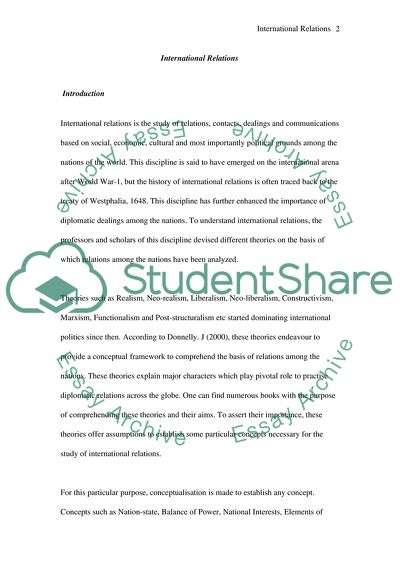Cite this document
(International Relations Coursework Example | Topics and Well Written Essays - 2000 words, n.d.)
International Relations Coursework Example | Topics and Well Written Essays - 2000 words. https://studentshare.org/history/1744675-international-relations
International Relations Coursework Example | Topics and Well Written Essays - 2000 words. https://studentshare.org/history/1744675-international-relations
(International Relations Coursework Example | Topics and Well Written Essays - 2000 Words)
International Relations Coursework Example | Topics and Well Written Essays - 2000 Words. https://studentshare.org/history/1744675-international-relations.
International Relations Coursework Example | Topics and Well Written Essays - 2000 Words. https://studentshare.org/history/1744675-international-relations.
“International Relations Coursework Example | Topics and Well Written Essays - 2000 Words”. https://studentshare.org/history/1744675-international-relations.


